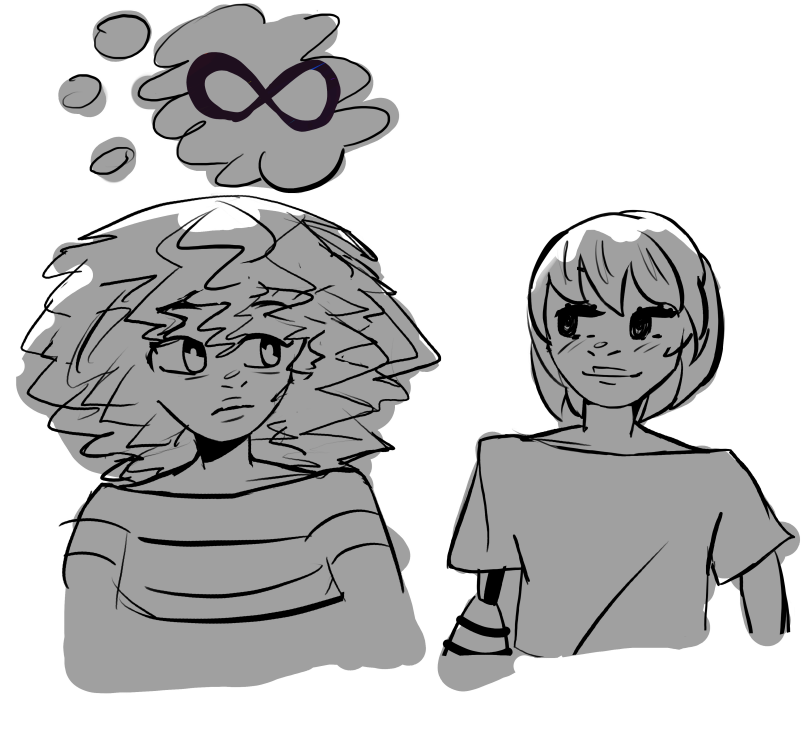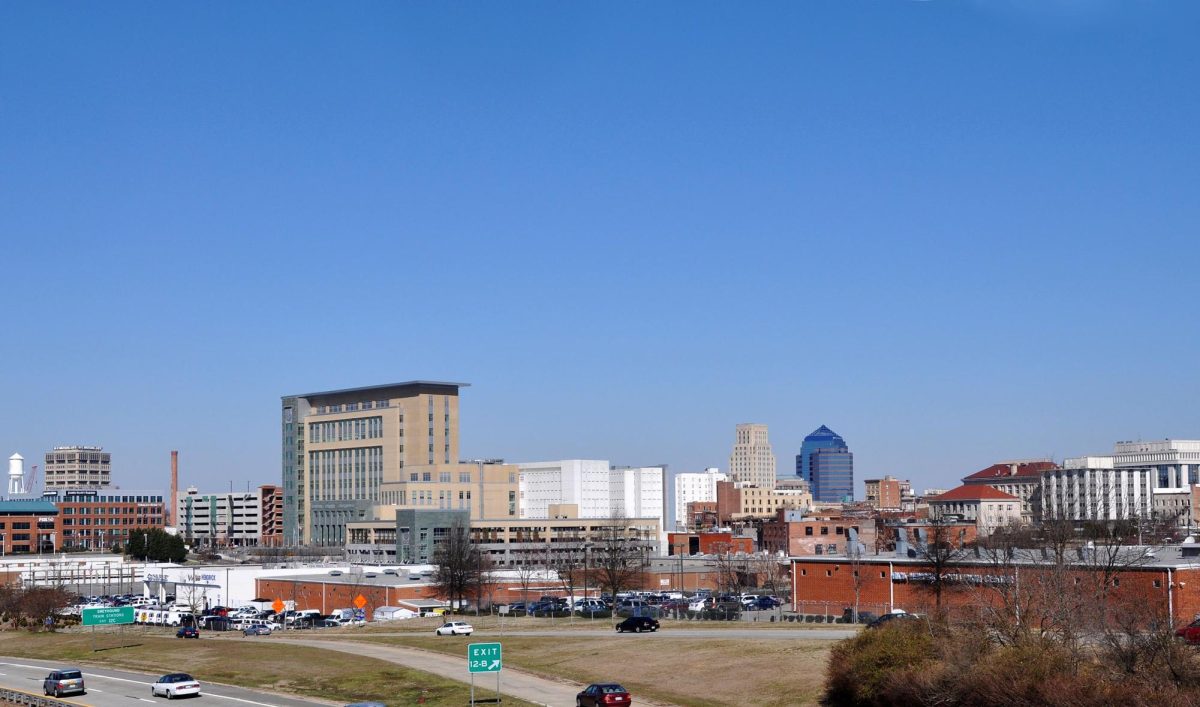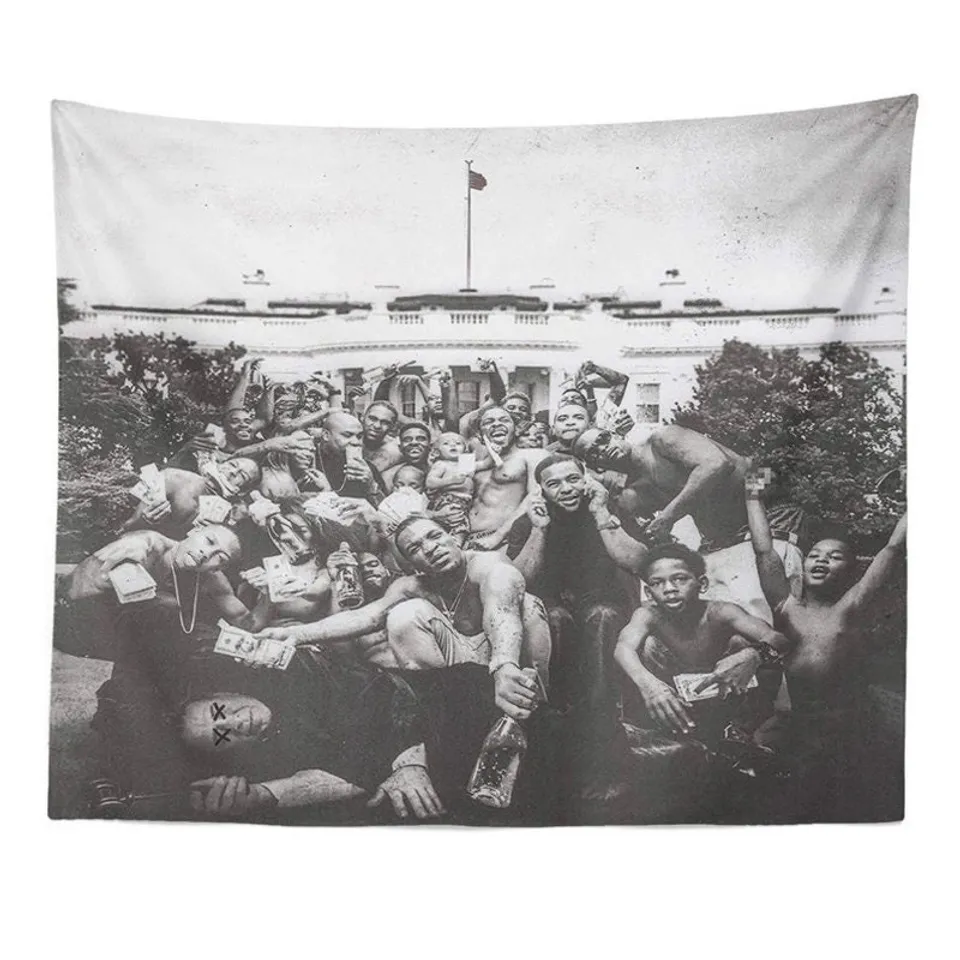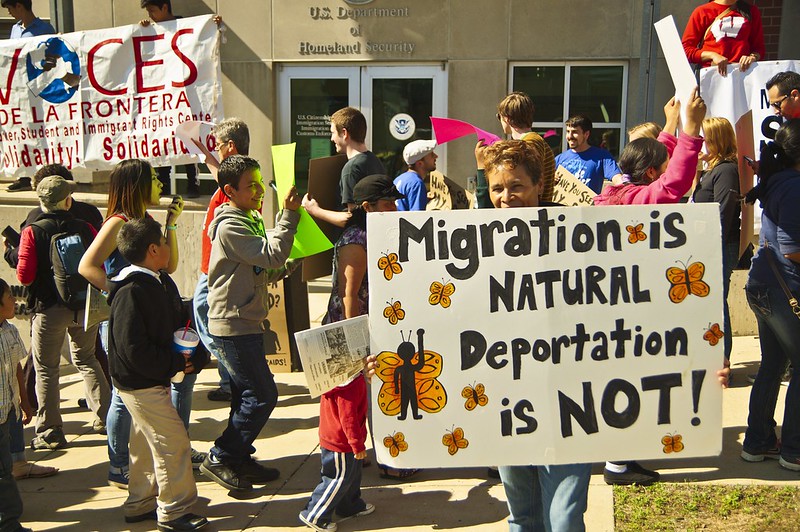Brianna Lloyd |Correspondent
Cultural appropriation is a hot topic right now. Every week it seems like there is someone on the news either for misrepresenting a culture, or attacking someone they believe is appropriating a culture. There is a big debate on what exactly cultural appropriation is and why it is such a big deal.
Recently Marc Jacobs made headlines because of his show during New York Fashion Week. Jacobs had his models wear faux locs down the runway. The issue with this though was that majority of his models were white. People were upset that he was using a part of black culture and not even featuring black models in his show.
Jacobs has a huge platform that he could have used to spotlight another culture, but instead just used the parts he liked and forgot about the rest. I think my biggest issue with the whole ordeal was his response. “All who cry ‘cultural appropriation’ or whatever nonsense about any race or skin color wearing their hair in any particular style or manner … funny how you don’t criticize women of color for straightening their hair. I respect and am inspired by people and how they look. I don’t see color or race, I see people.”
There is a difference between white people wearing faux locs, and black women straightening their hair. Black women have been told for years that what naturally grows out of our head is unkempt and ugly. Black women began straightening their hair as a part of cultural assimilation. People of color are told from a young age what they have to look like, and how they have to act to be a part of society.
On September 15th, a federal appeal court ruled 3-0 that employers can refuse employment and fire people for certain hairstyles. The hairstyles that came up are traditionally black hairstyles such as dreadlocks. A court has basically given employers an easier way to discriminate. This shows the bigger issue of cultural appropriation.
Marc Jacobs can think the hairstyles are trendy, but when a black person wears them they’re inappropriate. Why is Kylie Jenner praised for wearing braids, but when you see a black man wearing braids you assume he’s a thug and does drugs? Marc Jacobs may claim to not see race, but sadly the rest of the world does. People of color do not have the time to say we are colorblind. Cultural appropriation just helps perpetuate stereotypes that are currently plaguing our society, and these same stereotypes make people fear certain groups even more.
Another example is the fraternity party that happened last year at NC State. Theta Chi had a party that was CMT vs BET, where a white male student posted a picture wearing a bandana across his mouth and was throwing up a hand sign, while his friend had on a plaid shirt. My problem isn’t the the fact that he was wearing this outfit, it’s that this is what he thinks when he hears black. Cultural Appropriation is part of a bigger issue. It shows what people really feel about other cultures. That frat and people all over this country think of black people as thugs, criminals, and gangsters.
Recently, even Disney has had a problem with cultural appropriation. They released a picture of a halloween costume meant to promote their new movie Moana. The costume was basically another layer of skin the a color similar to Samoan people with the traditional tattoos. This caused a huge uproar. Not only were they letting children be another color, but they were demeaning tattoos that play a significant role in another culture. Most of the tattoos were random, but some were actual tattoos used by the Samoan people. The problem is that for people of Samoan descent it means something, and making it a costume strips away all of the importance of them.
Halloween is fast approaching and we all know that means people wearing inappropriate costumes and people airing their opinions about it on social media. The big debate is what is inappropriate, and if people are overreacting. Everybody has different opinions about it. Jackie Parsons, a student in the first year engineering program, says, “It doesn’t bother me because America has always been such a melting pot of cultures…I think as long as people aren’t disrespecting other cultures then it’s fine.”
Sabrina Peverly, a first year student in the life sciences program, said, “There is a very thin line between respectfully appreciating…or claiming that culture as your own when you are not a part of it. It bothers me immensely.” That’s where it’s hard to draw a line.
My problem isn’t people just wearing a Native American costume for halloween. My problem is that the same people who wear that costume, probably don’t care about the Dakota Access pipeline. People want to take little pieces of a culture, but don’t want to help protect that same culture. Where does appreciation stop and appropriation start?







